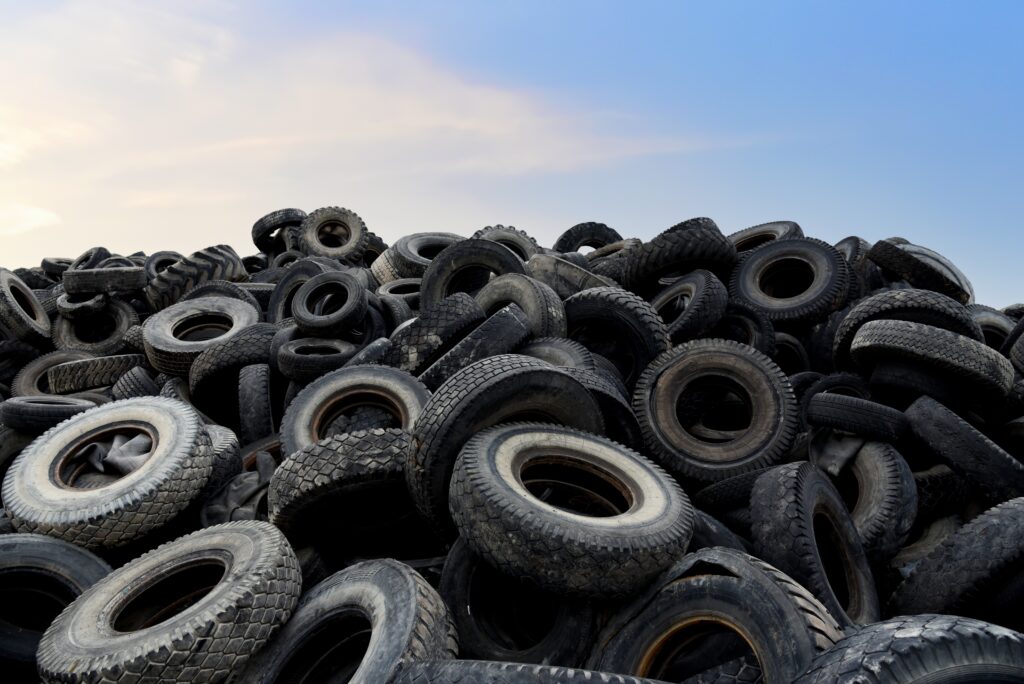The sector was worth USD 2.84 billion (£2.17 billion) in 2024 and is expected to climb to USD 4.73 billion (£3.6 billion) by 2033, representing a compound annual growth rate (CAGR) of 5.7%.
Asia Pacific leads global expansion
The Asia Pacific region is currently the largest and fastest-growing market, driven by industrial expansion and a growing automotive sector.
According to Research Intelo, China and India are leading contributors to this growth, supported by government initiatives to promote recycling technologies and large vehicle fleets generating significant volumes of waste tyres.
In both countries, investments in pyrolysis and devulcanisation facilities are accelerating.
North America follows closely behind, with the United States continuing to dominate the regional market.
Europe, meanwhile, maintains a substantial share of the market, underpinned by EU directives on waste reduction and tyre recycling.
Expanding tyre chemical recycling
The expansion of tyre chemical recycling has been fuelled by a combination of tightening global environmental regulations and advancements in recycling chemistry.
Governments worldwide are taking steps to curb the environmental impacts of tyre disposal, including restrictions on landfilling and incentives for circular material use.
Central to this progress are devulcanising and desulfurisation agents, which break down the sulfur cross-links in vulcanised rubber, enabling the production of reclaimed rubber suitable for reuse across multiple industries.
The automotive sector remains the largest consumer of recycled rubber, employing it in tyres, mats, and moulded components.
At the same time, the construction industry is increasingly integrating recycled rubber into asphalt, playground surfaces and insulation materials.
Recovered materials are also finding diverse new applications with recovered carbon black (rCB) is being used in new tyre manufacturing and industrial rubber products.
Char, a solid by-product of chemical recycling, is also being explored as a substitute for carbon black in rubber production.





Subscribe for free